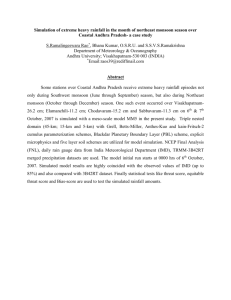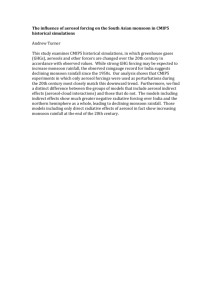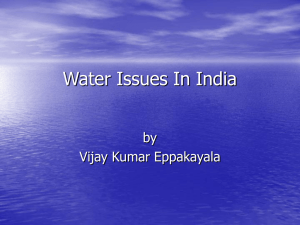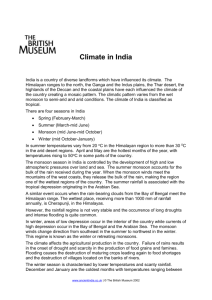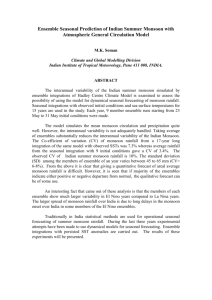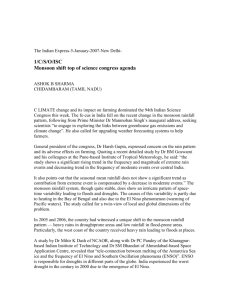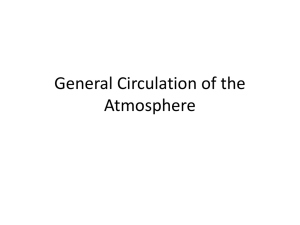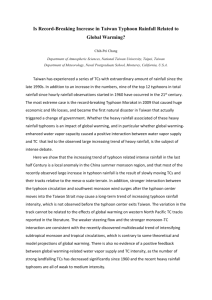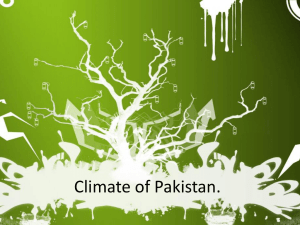global warming
advertisement
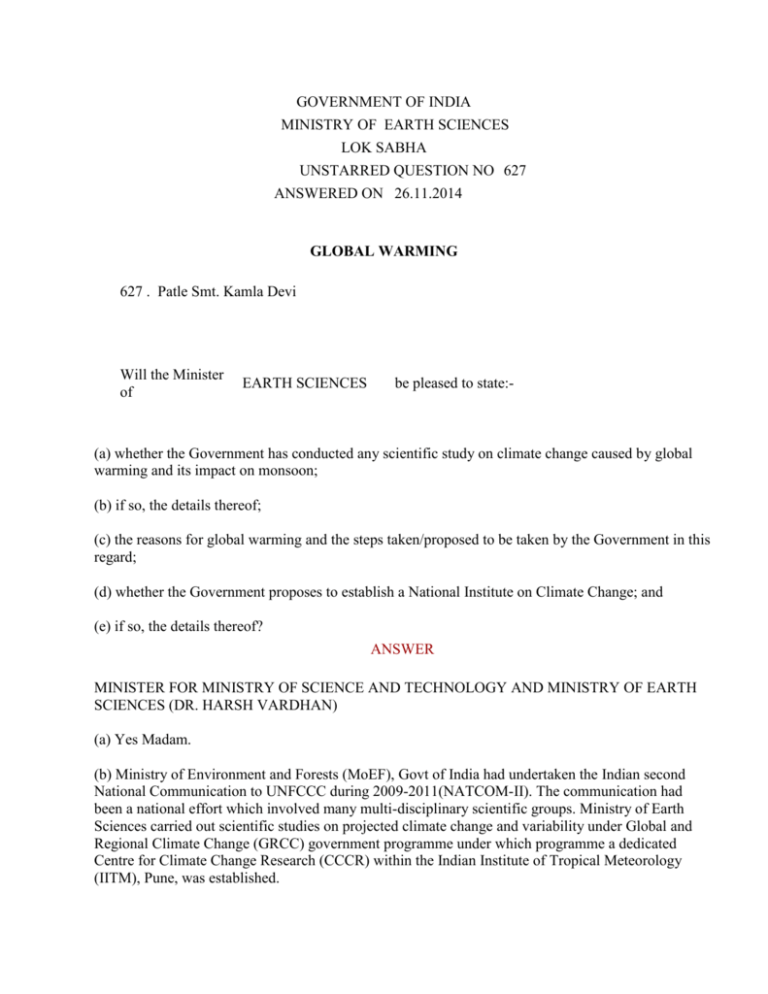
GOVERNMENT OF INDIA MINISTRY OF EARTH SCIENCES LOK SABHA UNSTARRED QUESTION NO 627 ANSWERED ON 26.11.2014 GLOBAL WARMING 627 . Patle Smt. Kamla Devi Will the Minister of EARTH SCIENCES be pleased to state:- (a) whether the Government has conducted any scientific study on climate change caused by global warming and its impact on monsoon; (b) if so, the details thereof; (c) the reasons for global warming and the steps taken/proposed to be taken by the Government in this regard; (d) whether the Government proposes to establish a National Institute on Climate Change; and (e) if so, the details thereof? ANSWER MINISTER FOR MINISTRY OF SCIENCE AND TECHNOLOGY AND MINISTRY OF EARTH SCIENCES (DR. HARSH VARDHAN) (a) Yes Madam. (b) Ministry of Environment and Forests (MoEF), Govt of India had undertaken the Indian second National Communication to UNFCCC during 2009-2011(NATCOM-II). The communication had been a national effort which involved many multi-disciplinary scientific groups. Ministry of Earth Sciences carried out scientific studies on projected climate change and variability under Global and Regional Climate Change (GRCC) government programme under which programme a dedicated Centre for Climate Change Research (CCCR) within the Indian Institute of Tropical Meteorology (IITM), Pune, was established. Monsoon rainfall varies on different spatial and temporal scales. Extreme rainfall events that occur at some isolated places (viz. heavy rainfall over Mumbai or in Rajasthan) are highly localized and are part of the natural variability of the Indian monsoon system itself. Although, some recent studies hint at an increasing frequency and intensity of extremes in rainfall during the past 40-50 years, their attribution to global warming is yet to be established. Moreover, the report of the Inter- governmental Panel on Climate Change and our country`s own assessment using regional climate models indicate that the extremes rainfall events are likely to be more frequent in the later part of the 21st century all over the world including India. As regards other extreme weather phenomena, there are many other reasons for their occurrence, which cannot always be related to climate change. Although, the monsoon rainfall at all India level does not show any trend but on regional scale, areas of increasing trend is discerned. It is not clear if this increasing trend in the heavy rainfall events is attributable to global warming. Summary of the observed long term changes so far include: (i) Mean annual surface air temperatures show a significant warming of about 0.5 degree C/100 years during the last century. (ii) No significant long-term trends are reported in the frequencies of large-scale droughts or floods in the summer monsoon season. (iii) The average seasonal rainfall over India has shown decline in the last five decades, especially after 1970, that is not found to be statistically significant. Further over core monsoon zone, the contribution from increasing heavy rain events is offset by decreasing moderate events and hence on the long term the change is not appreciable. Many studies have discussed the possible reasons for recent weakening monsoon. (iv) Studies were undertaken in four climate sensitive regions of the country, viz. Himalayan Region, Western Ghats, North Eastern Region, Coastal Areas to assess the possible impacts on the four sectors viz. agriculture, water, forests and health. A Report entitled, Climate Change & India: A 4X4 Assessment – A Sectoral and Regional Assessment of Impact of Climate Change in 2030s, has been released by the Government during November, 2010 under the aegis of the Indian Network of Climate Change Assessment (INCCA). (c) Global warming has been attributed largely to the increase in concentration of greenhouse gases mainly from anthropogenic activities. The Government has initiated the National Action Plan on Climate Change in specific areas for addressing long term and integrated strategies for achieving key goals of sustainable development in the context of climate change, so as to reduce its adverse impacts. (d-e) Government of India is setting up a National Institute for Climate Change Studies and Actions (NICCA) under Climate Change Action Programme (CCAP) of the Ministry of Environment, Forests & Climate Change with an objective to support all scientific, technical and analytical studies relating to climate change policy and implementing strategies. The institute has an outlay of Rs. 25 crores for the 12th Five Year Plan out of an allocated budget of Rs. 290 crores for CCAP.

